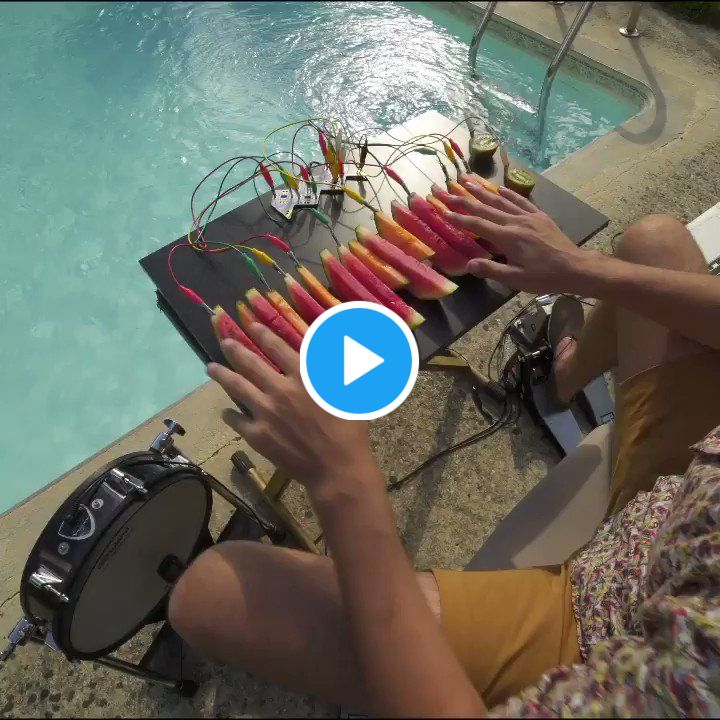Melodies, habits, and a watermelon
“It’s the oldest song we know.” A recording from 1931 that captures a woman singing a short folk song becomes a thread that connects the Gullah Geechee people of Georgia and South Carolina to tribes in Sierra Leone, West Africa. This thread from the Gullah Museum of South Carolina traces the highlights of an incredible bit of sleuthing and legwork memorialized in the documentary “The Language You Cry In.”
The Museum tweeted: “The five line song sung by Amelia Dawley’s family is the longest African language text ever found in the U.S. And Dr. Lorenzo Dow Turner went on to creat a new field of study by his work and an appreciation for a unique element of African-American culture.”
(Hat tip to John Darnielle for the RT that landed on my timeline).
Newer technologies are not necessarily superior ones. During what he calls Covidtide, essayist Alan Jacobs reclaimed and rediscovered manual hedge clippers. After a light fix-up job on some clippers that had lay dormant, Jacobs rediscovers all of the benefits of mechanical, manual hand tools over their electric counterparts. I like this essay for its balance and self-awareness. As if out of the corner of his eye, Jacobs catches the shape and character of his opening narrative as a trope and potentially a hackneyed one, and flags it - “This is of course a familiar story: the WEIRD person—Western, Educated, Industrialized, Rich, and Democratic—rediscovering his body.”
But having made that self-effacing observation, he gets to a notion I want to mark and remember: that this radical break from what came before has carried with it an energy that can force you to see the patterns of your life in some different ways, and perhaps reclaim some of the deliberateness that you might have lost over the years: “…by forcibly breaking some of our technological habits it creatively destabilizes others. To have any one thoughtless pattern of life disrupted is to be put into a frame of mind that allows you to contemplate the deliberate disruption of a different thoughtless pattern. Thus all the people who, after three months of baking bread, are now saying that they’ll never go back to buying their bread from the supermarket. They probably will buy bread from the supermarket; but they’ll know what they are doing, and why. And this is useful knowledge.”
In a very intense way, for a couple of weeks we had a ceasing a while back. And after that, to varying degrees, a very real break in our habits and routines and cracks in our assumptions about so many systems fundamental to how we live. I think the learning, unlearning, and re-establishing of patterns is still very much around and percolating, which is encouraging to me. And I hope it sticks around as a welcome catalyst for introspection and change delivered by a very harsh, harmful, and unwelcome time.
In a previous banana, we heard how Laurie Anderson has taken to lots of leaf-raking. There has been lots of bread baking. At our house, we rediscovered the joys of our front porch and watching birds at a feeder, and I picked up a new workout routine involving a 20-lb rubber hammer. I’d love to hear about what new things you have embraced, whether they stick around or not.
The Playtronica-watermelon keyboard. This thing has already tired itself out as the punchline for countless reactions and hot takes, but just take a look and a listen.
Perhaps a missed opportunity here in that he didn’t choose to play Herbie Hancock’s Watermelon Man.
Bonus Bananas:
In an anecdote that should hopefully remind you of last week’s cellphone tree story, Andy Richter shares a recollection about how Nipsey Russell used a tax break for things classified as costumes to his advantage.
I wonder if the first piloted robots we start to see in our everyday life will be used for pretty mundane things. Sorry, Human Instrumentation Project.
This is probably Ornette Coleman playing at John Coltrane’s funeral in 1967.
Those are what I found for you this week. You can hit “reply” and it’ll go only to me. Thank you.



